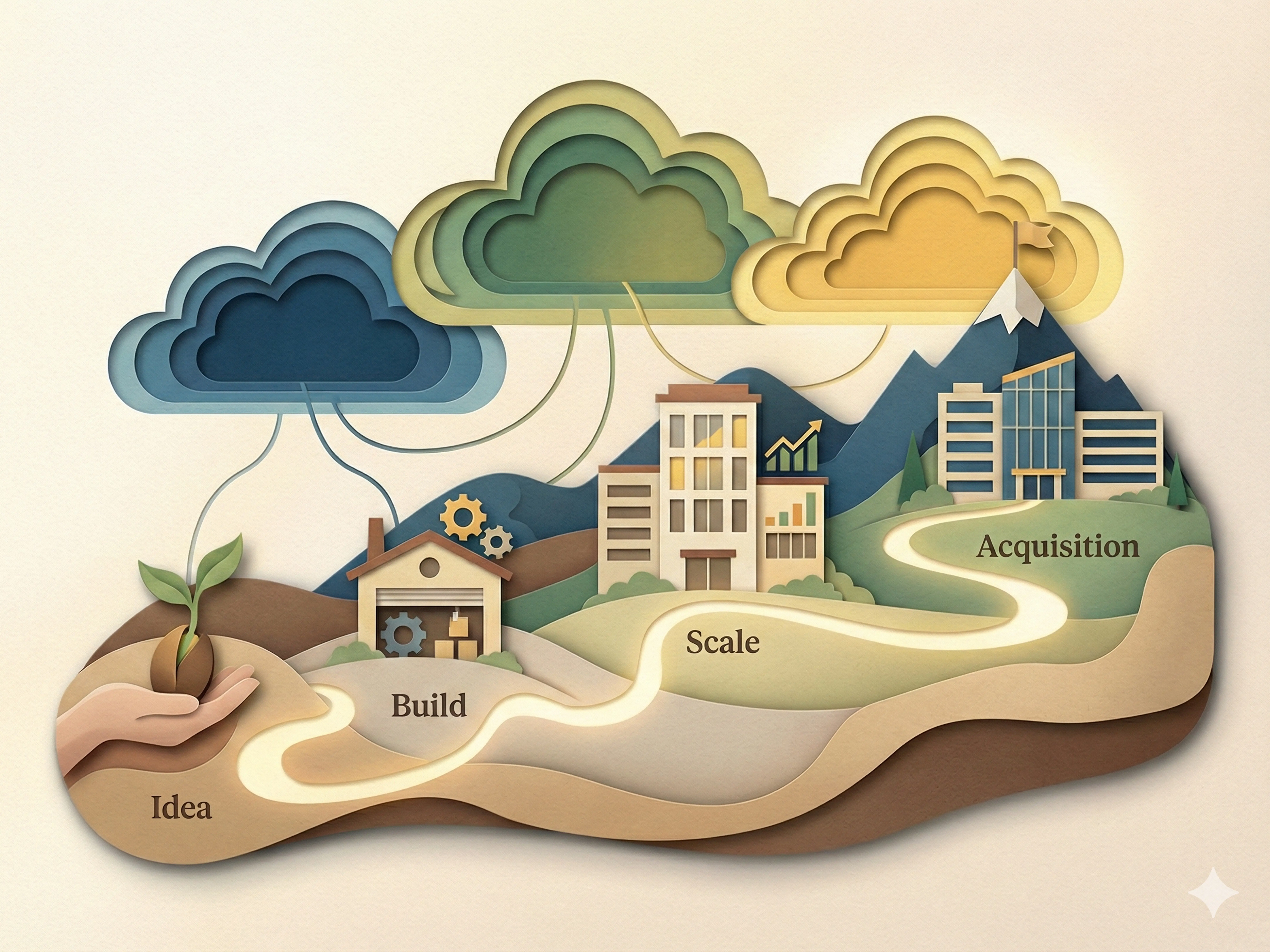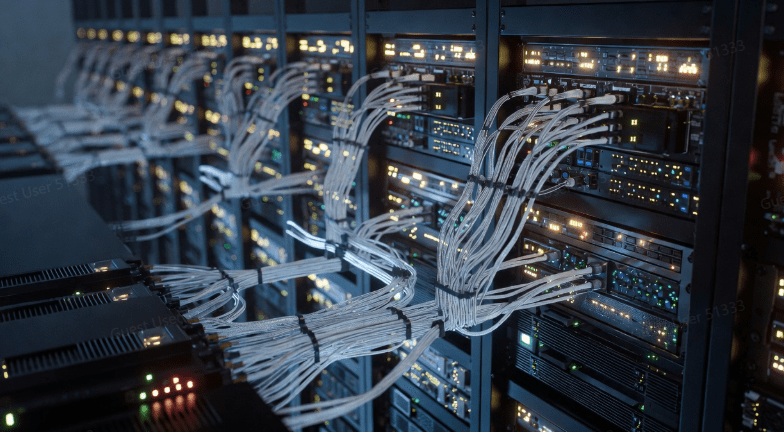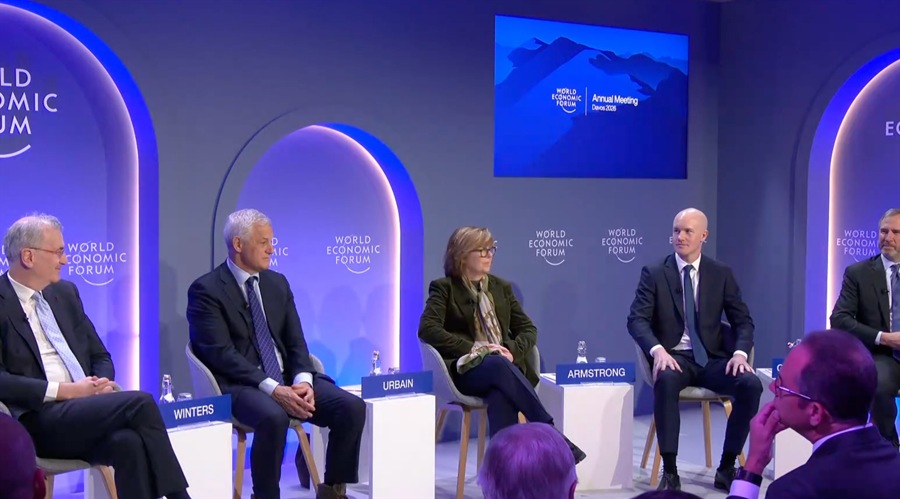Formulating monetary policy has become more challenging in the current environment because of data lags and also frequent reviews, Patra said. “On the basis of data one month and three months ago, I will have to assess what inflation and growth are going to be one year down the line,” he said, adding that policy has to be forward-looking but based on data which is old.
He pointed out that the rate-setting monetary policy committee (MPC) of the RBI, which will announce its interest rate decision in the first week of December, will actually depend on inflation numbers for October and growth numbers for the July-September quarter – the latest available datasets.
The next MPC meeting is scheduled for December 5 to 7.
Patra said that despite the global financial crisis (GFC), global inflation barely budged but things have changed drastically. “Today, inflation is at levels not seen in four decades, impervious to aggressive and front-loaded monetary policy tightening across the world. The existential question being asked is whether the world is permanently shifting from a low-inflation environment to a high-inflation one. The time has come to review the objectives of monetary policy,” Patra said.
He rued the fact that unlike the government data releases which are almost always revised, the RBI does not have the luxury of revising its interest rate moves.
“Another complexity to this whole tightrope walking is that the whole data on this data from NSSO (National Sample Survey Office) from three months ago are subject to revision. And sometimes the change is drastic,” he said.
“If NSSO has the right to revise figures, if companies can change earnings numbers, I should also be able to change the interest rate of September (last policy),” Patra said jokingly while addressing bankers at the SBI Banking and Economic Conclave.
Despite all the challenges, monetary policy has to be future looking, he said. “Monetary policy has to be forward-looking because of the lags with which a policy rate change gets transmitted across the markets and eventually gets reflected in lending rates, mortgage rates and yields. Hence monetary policy can only hope to address future inflation, not today’s inflation,” Patra said.
As deputy governor, career central banker Patra oversees the monetary policy function of the central bank among others. He is also a part of the rate-setting MPC which also has external members.
Patra said that besides the domestic challenges, volatilities and outdated data the MPC also has to contend with global shocks like the war in Ukraine, which also results in a jump in oil and food prices here in India.






































